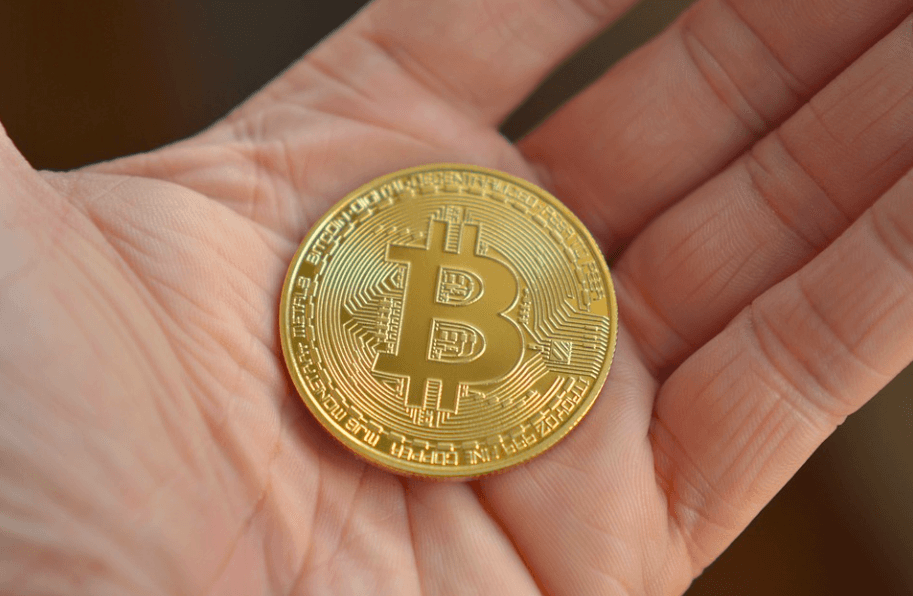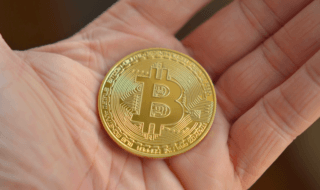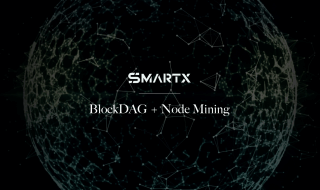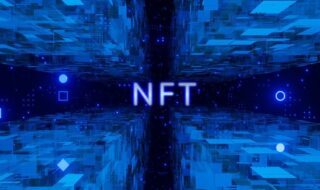Today’s businesses have different stakeholders worldwide, each asking for a unique set of necessities. You can visit this website link if you want entirely automated trading services. Here you will get all the advanced bitcoin trading features. At the centre of this struggle is the inefficiency arising when companies try to satisfy multiple market needs, whether internal or external customers. As a result, value chains often need improvement, and blockchain could be one solution.
This technology can achieve true democracy by revolutionizing voting with dynamic economic incentives built into it to encourage people to vote and increase participation rates. Elections and voting are traditional methods of gauging public opinion, and they have been used to elect officials and determine policy direction. However, the whole process could be faster, with a high cost. On the other hand, blockchain can influence decision-making as people can use it for all elections.
Contents
How can blockchain revolutionize the current method of voting?

The current method for electing officials is an old one that needs to be revolutionized because it needs to be improved in many ways. The current technology makes voting more centralized and vulnerable to potential errors and fraud. Blockchain technology can help make elections more decentralized and, thus, more democratic. When voters are not compelled to vote and are given no financial incentives, there is no accountability, meaning people can vote multiple times. Blockchain could be used by companies across the board if it provides the right features for election voting.
The current system of elections does not require any form of identification, which may lead to fraud or mistakes. Furthermore, in most countries and states, only citizens can cast ballots. For ex-pats and immigrants alike, this is a problem as they need complete control over their identity documents in the first place. The blockchain solution for an election can work around this issue by providing international voter identification that is fully automated for voters to set up without having to show identification at all, thus ensuring the identity of voters.
The current system for voting is also insanely complicated and requires voters to keep track of many different ballots. A blockchain solution is better because users can simplify and streamline the election process. The technology can connect your vote directly with relevant records, so you do not have to keep track of multiple ballot documents. Also, this system would ensure that all your votes are accounted for so there will be no doubt about what you voted on.
At a basic level, blockchain would revolutionize how elections are held and paid for by giving people financial incentives through block rewards for every vote they cast, thus encouraging more participation.
Areas where blockchain can disrupt voting:
Remote Votes:
A blockchain solution would make it possible to send out voting through mobile services, such as SMS or email, and have it count towards the election. It would increase voter turnout rates and help reduce the costs required for holding elections.
Block-Chain Based Voting:
People can also use blockchain solutions to run elections without using a digital ballot system or management software. However, it requires interoperability between different blockchain platforms and technologies, ensuring that votes are fully verifiable in a decentralized manner using intelligent contracts created by them, thus eliminating the possibility of fraud.
Authenticating the Identity of Voters:
There are legal implications for identity theft and fraud. Using blockchain technology, users could prove their identity by hashes on a blockchain on an immutable database, thus making it impossible for anyone to tamper with the database.
Voting Rewards:
Voting is not a silly game because people get a reward for it. How can you make voting relevant if you do not give incentives for participation? Blockchain solutions can entice people to vote because they will be able to receive rewards based on their votes and block reward payments from block
Security of Voter Records:
People want to know that their vote is secure and that there is no risk of losing control of their records due to hacking or fraud. Blockchains can help with that as they are difficult to tamper with and immutable.
Efficient Use of Resources:
Blockchain voting can give a better sense of participation through smart contracts and digital wallets. The cost of elections is ridiculous in many countries, mainly because the government requires an army of people to run an election effectively. Blockchain solutions are far cheaper than traditional methods and reduce the number of intermediaries required for efficiencies in the decision-making process by lowering costs by eliminating them, thus bringing more money back into the economy.



